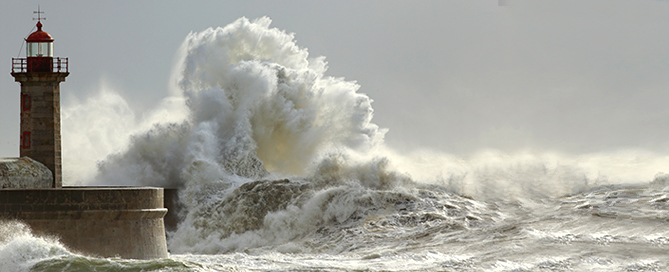I. Introduction
Pursuant to judgement 255/2012, the High Court declared that there were no grounds for the appeal filed by the former administrators of an insolvent company against the judgement passed by the Provincial Court of Alicante, which classified the insolvency proceedings as negligent.
The judgement is based upon the interpretation of articles 164.1 and 2 and 172.3 of the Insolvency Act 9/2003 (hereinafter referred to as IA).
II. Interpretation and determination of negligent insolvency.
In the insolvency proceedings at hand, in the insolvency administrator’s report, the insolvent company and its administration organ was accused with the aggravation of gross negligence or intentional misconduct presumed in two of the causes contemplated in article 165 of the IA:
a) the late application for the declaration of insolvency in accordance with article 2 of the IA.
b) failure in the obligation to collaborate with the insolvency administration for not having provided the information and documents requested thereby, thus making their job difficult.
Likewise, the management of the insolvent company had falsified the company accounting, carrying out an incorrect stimulation of the negative taxable bases and considerably overvaluing the assets of the balance sheet.
The High Court understands in the first place that in accordance with 172 of the IA, the formation or reopening of the classification section must be the consequence of the initiation of liquidation, and makes clear in the judgement (with reference to a previous sentence 644/2011) the two criteria to describe the cause for which insolvency proceedings must be classified as negligent.
Criterion 1: In accordance with section 1 of article 164, the classification depends on whether the fraudulent or seriously negligent conduct of the debtor or it’s legal representatives, or in the case of legal entities, it’s administrators or liquidators, of fact and law, may have arisen as a result of the generation or aggravation of the insolvency status of the bankrupt person or insolvent company.
Criterion 2: Set forth in section 2 of the same article, the classification is unconnected to the creation of this result and is conditioned to the execution by the agent of any of the conduct described in the rule itself. Article 164.2 establishes that insolvency proceedings shall be classified as negligent if any of the circumstances described therein converge, regardless of whether they have generated or aggravated the insolvency status, and in spite of what is stipulated in section 1 above. The High Court seems to lean towards this criterion when evaluating negligence.
Article 165 is not, in accordance with the High Court, a third criterion, but a complementary rule, and orders that the negligent or fraudulent causation or aggravation of insolvency is “iuris tantrum – rebuttable presumption”.
III. Conclusions
The High Court did not accept the appeal filed by the recurrent on the understanding that the accused causes for the negligent classification thereof were included in those established in article 164 of the IA. Therefore, the former administrator shall lose any of the rights it may have had as an insolvency creditor or asset and shall be obliged to return the goods and rights it may have improperly obtained from the company’s capital or may have received from the insolvency assets, likewise he shall indemnify the damages caused, and be disqualified for a period of two years from administrating third party assets and representing or administrating any person for the same period, condemning him to pay the insolvency administrators the totality of the amounts not received in the liquidation of the insolvency assets.
Vilá Abogados
For further information, please contact:
22nd of November 2012



